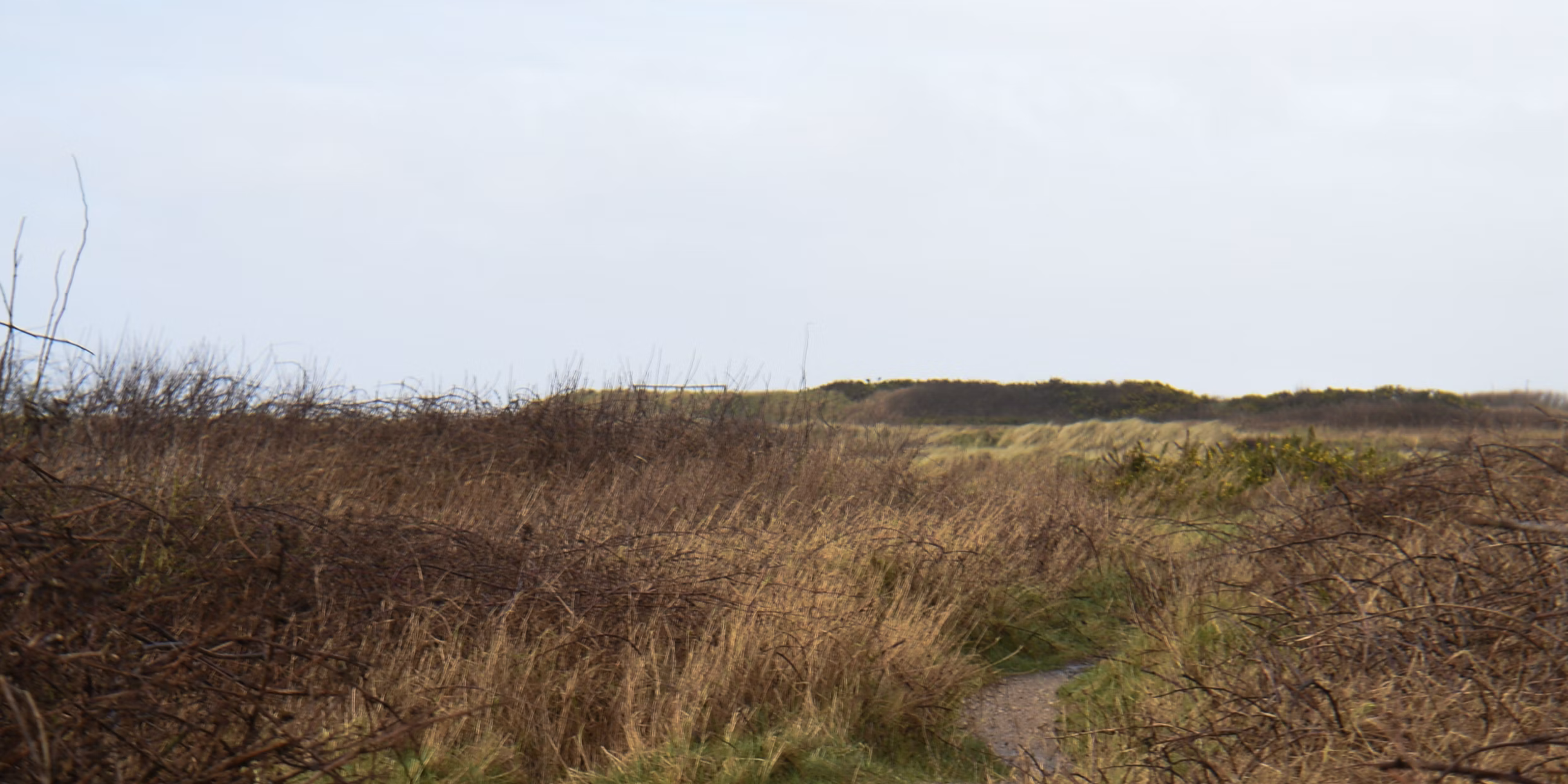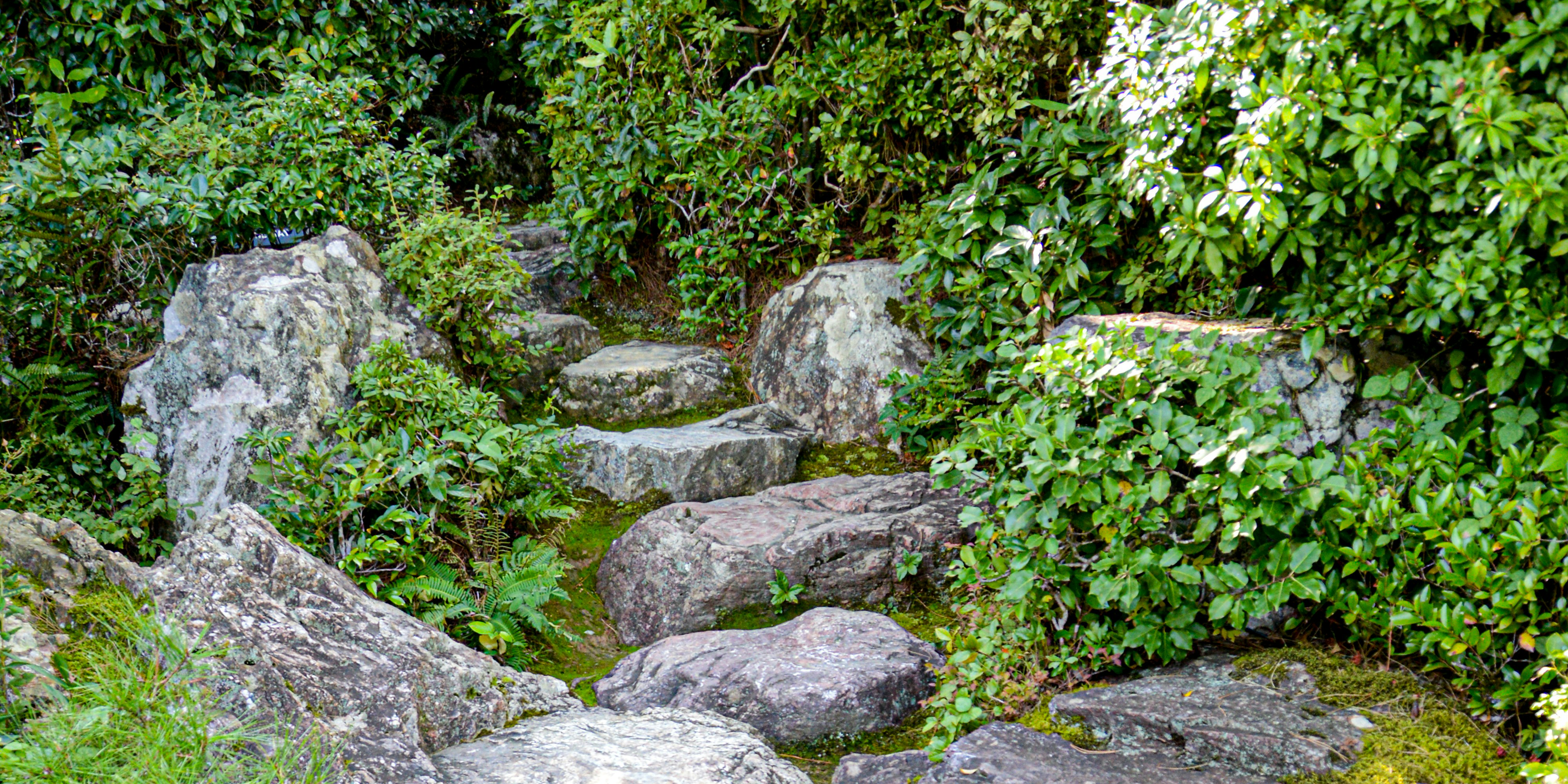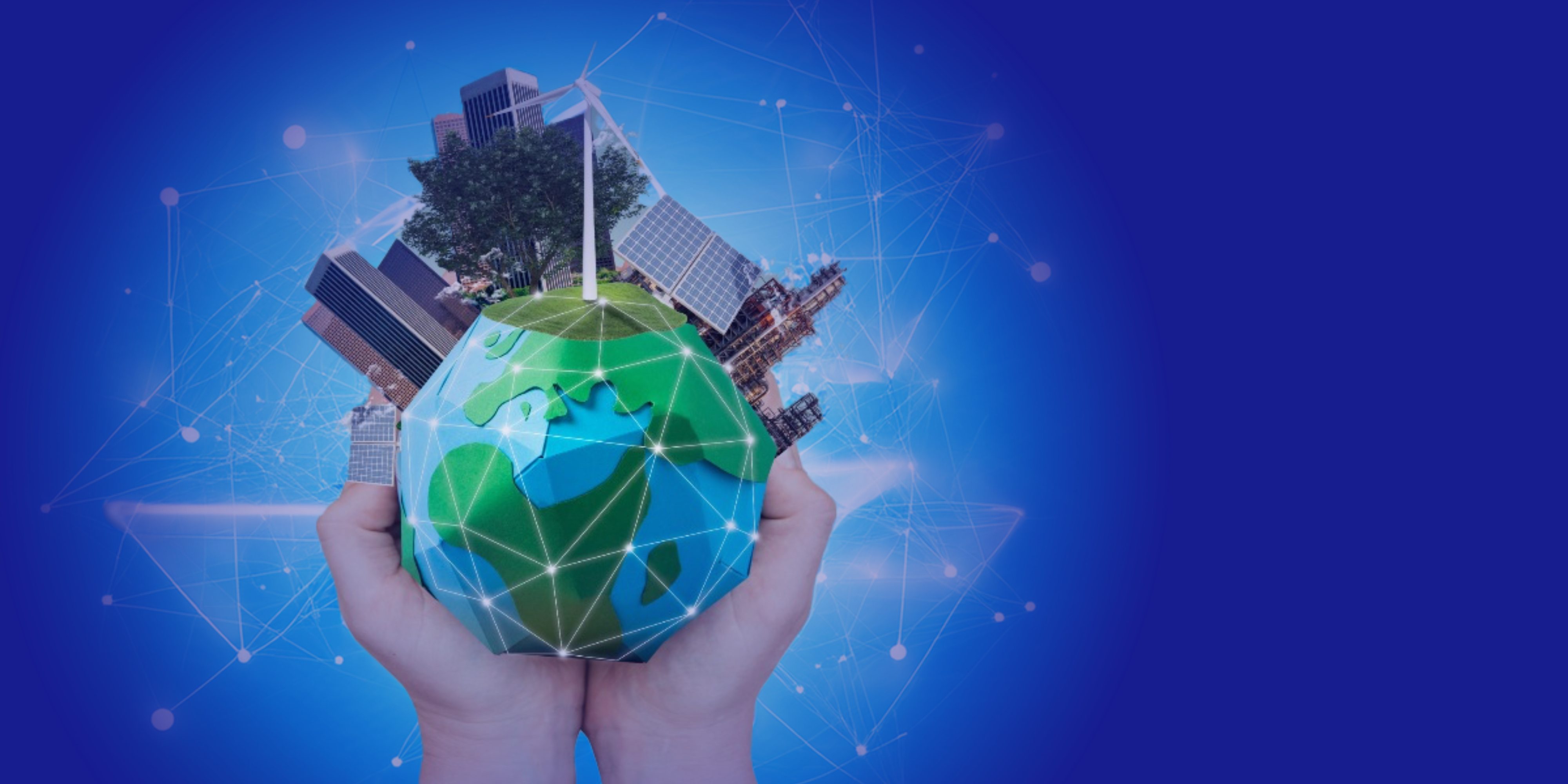How do we secure our future, for the future?
Wastewater can be used to create sustainable freshwater solutions
Water is the most valuable resource on earth. Only 3% of water on the planet is fresh water – the remaining 97% is salt water. And of the 3% fresh water, only 1% is readily available for consumption – the other 2% is frozen in glaciers. This highlights the critical importance of protecting all fresh water sources on earth. And in addition to this, what is concerning is that South Africa is the 36th most water scarce country in the world and according to recent reports, we run the risk of facing a 17% increase in water shortage by 2030.
Beyond this worrying reality, is the fact that water and energy are vital to the social and economic development of any country. Water is the essential ingredient for life of all species and the production, distribution, and use of energy, where energy is what enables life to exist on the planet and how human activities can be developed. This is no longer a scary sci-fi movie plot, but a reality that our future generations will face, if we don’t start doing something now!
We don’t always think laterally about how waste can help with our water or energy crisis. However, there are many opportunities if we start to think holistically around this challenge. The reality is that we are faced with a freshwater challenge and only massive behavioural changes in all our lives – at home and at work – will help. We need to start examining how we preserve, re-use or re-purpose water to ensure we have enough of this resource going forward.
It is certainly encouraging to see new legalisation in South Africa around this and of course the President recently spoke to this issue himself – with the need to focus on clean water and resources – especially given how polluted our water systems are in South Africa. However, we all have a part to play.
So don’t discount starting with some basics – as we can’t just rely on ‘others to fix this problem’. So, what can we do?
- Well, we could start with using refillable bottles – and not take single use plastic bottles to school/work – as single use plastic takes a lot of water to manufacture. So just by drinking from the tap or refilling bottles when needed, really does help.
- We can remind those around us to turn off the tap when washing their hands or the fact that they should brush their teeth with the tap closed.
- Be water wise by reporting any leaks you may see at your work, in your residential area or in your school – straight away. Water wise could also mean using buckets of water when cleaning up – not just running things under a tap or using a hose pipe to clean.
- Start your own compost heap at home, office, or schools. The compost can also be used to help the grounds at that school/office or at home. In fact, did you know that while compost adds fertility to the soil, it also reduces evaporation - reducing the need for frequent watering.
- Don’t pollute water – recycle your goods both at home and at the office.
- Don’t water your garden between 10h00 – 16h00 in the day as the sun is too hot and it causes water evaporation.
- Where you can, choose water efficient products to use at home – like washing machines. Or, if you can - install a rainwater tank at home or in the office, which can collect thousands of litres per year from rain and can be used for toilets, washing and gardening.
- Even just washing your car on your lawn helps – as this water goes into the garden to be re-used.
At Interwaste, our purpose is to serve land and life. We offer a variety of wastewater solutions to our clients and are currently examining additional solutions to re-purpose and recycle some more complex effluent waste streams thereby preserving the scarce fresh water sources.
While wastewater might sound like a horrible thought, when treated within the required standards - as set out by national environmental agencies – it means that this water can be reused effectively and safely.
In fact, we have found that nearly all waste can be recycled, if done properly, which then means that a large amount of water could become available to communities, which previously may not have been considered. And this is where we want to help drive the future of our next generations – finding solutions that are not only safe but could provide opportunities where we could reuse this water to replenish rivers and catchments in our water infrastructure networks - or even treat the water further to provide potable (drinking) water for areas where it is in short supply.
With over 300 million people in Africa alone having no access to clean drinking water, surely we can all do better – for ourselves and our future generations. So, let’s work together to really make a difference - water is not just a precious natural resource, it is a source of life.



SUBMIT YOUR COMMENT